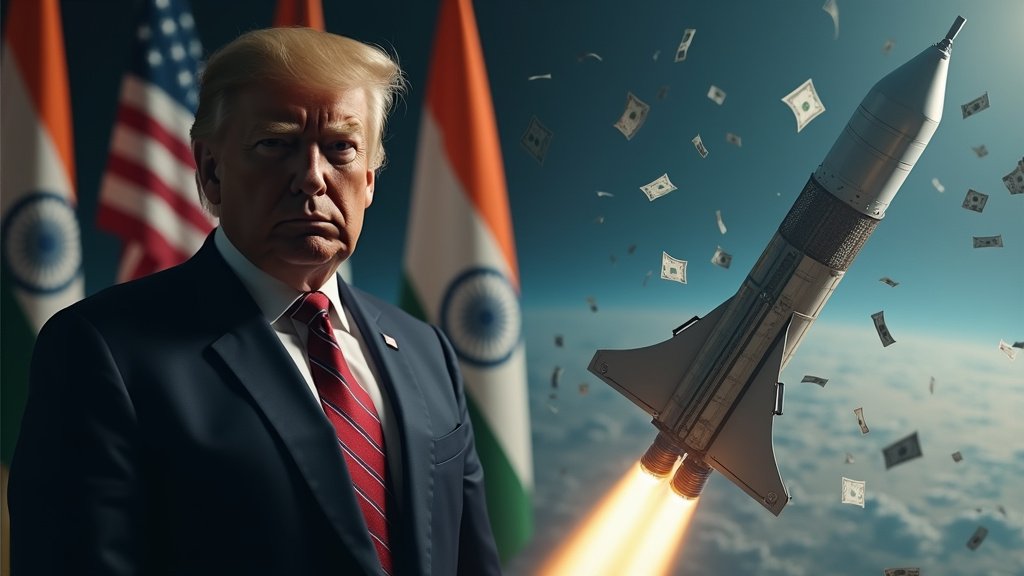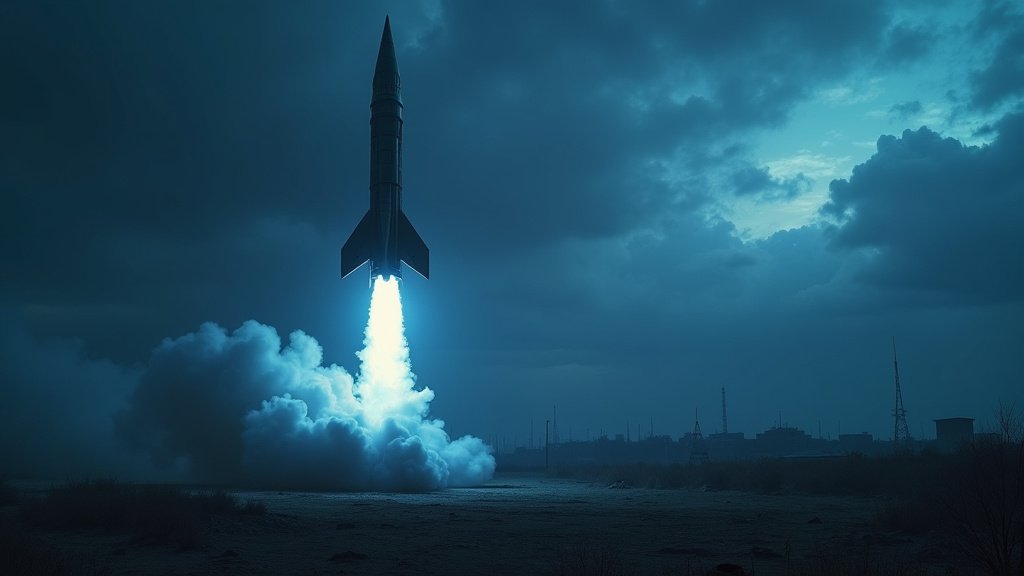The geopolitical and scientific landscape experienced significant shifts on July 30, 2025, with former US President Donald Trump announcing substantial new tariffs on Indian imports and India celebrating the successful orbital placement of the joint NASA-ISRO Synthetic Aperture Radar (NISAR) satellite.
Trump Imposes Tariffs on Indian Imports
In a move that could reshape international trade dynamics, Donald Trump declared his intention to levy a 25% tariff, along with an additional unspecified “penalty,” on all goods imported from India. Notably, Trump referred to India as a “US friend” while announcing the stringent economic measures. The specifics of the “penalty” were not detailed in the announcement, leaving businesses and governments to await further clarification on the scope and impact of these new trade barriers.
Landmark NISAR Satellite Successfully Launched
On the same day, a beacon of international scientific cooperation shone brightly as India and the United States celebrated the successful launch of their first collaborative satellite, NISAR (NASA-ISRO Synthetic Aperture Radar). The satellite was meticulously placed into a precise Sun Synchronous Polar Orbit aboard the Indian Space Research Organisation’s (ISRO) GSLV-F16 rocket. This ambitious mission, a testament to the enduring partnership between ISRO and NASA, is designed to provide unprecedented insights into Earth’s changing environment. The NISAR satellite will conduct detailed studies of land and ice deformation, monitor global land ecosystems, and observe oceanic regions, contributing vital data to climate change research and disaster management efforts.
New Zealand Faces Widespread Healthcare Strike
Further afield, the healthcare sector in New Zealand was significantly disrupted as approximately 36,000 nurses, midwives, and healthcare workers commenced a nationwide 24-hour strike. The industrial action stems from widespread grievances related to being consistently overworked, operating with insufficient resources, and facing critical understaffing issues within the nation’s health system. The strike is expected to place considerable strain on healthcare services across the country.
Rugby World Sees Coaching Extension Amidst Player Sabbatical
In the realm of sports, the Crusaders’ rugby franchise announced a key coaching development. Head coach Rob Penney has signed a one-year contract extension, ensuring continuity in leadership. However, the team’s captain, Scott Barrett, is anticipated to take a sabbatical, a move that will undoubtedly test the team’s depth and resilience in the upcoming season.
Pacific Region on Alert After Major Earthquake
Adding to the day’s significant events, a powerful 8.8 magnitude earthquake struck off Russia’s east coast, triggering widespread tsunami warnings across the Pacific Ocean. Coastal communities and authorities in various regions, including Japan, the United States (specifically Hawaii and Alaska), and parts of Latin America, were placed on high alert as the seismic event generated formidable ocean waves. Emergency services mobilized to assess potential impacts and ensure public safety in affected areas.
The confluence of these disparate events—from significant trade policy shifts and groundbreaking scientific achievements to industrial action and natural disaster alerts—underscores a dynamic and often unpredictable global environment. The repercussions of Trump’s tariff announcement, the scientific promise of the NISAR mission, the strain on New Zealand’s healthcare system, and the seismic activity impacting the Pacific rim are all developments that will continue to unfold and demand attention in the days and weeks ahead.





